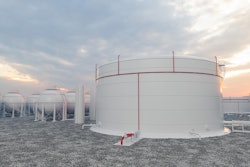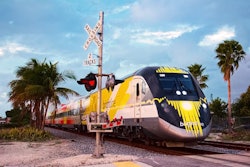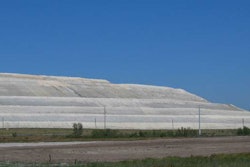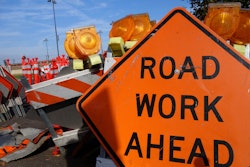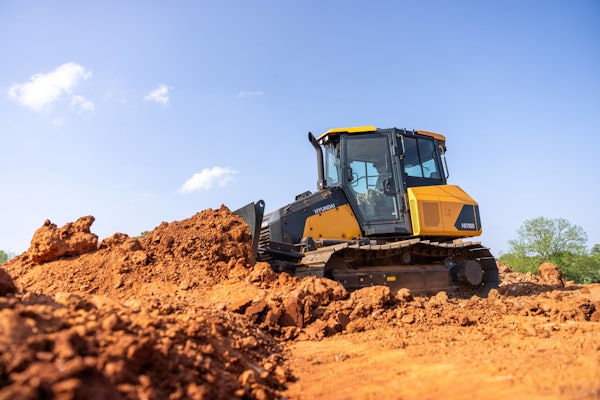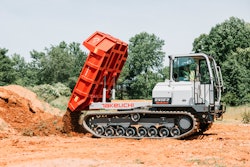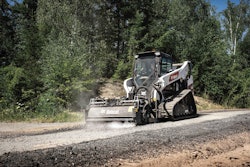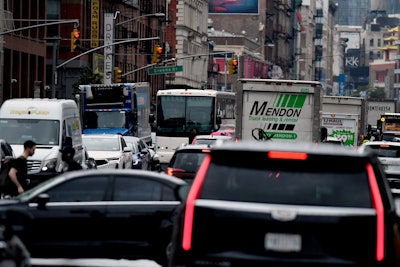
New York City is moving ahead with the country’s first congestion pricing system in which drivers entering the Manhattan central business district will pay a toll.
The congestion pricing is designed to raise money to upgrade the city’s subway system while reducing traffic and pollution south of 60th Street.
The Federal Highway Administration has approved the city’s plan, which reportedly could charge tolls as high as $9 to $23 per day, according to some media reports. Toll rates have not been set. They will be determined by a panel formed by the Metropolitan Transportation Authority.
It is estimated that 700,000 vehicles enter the central business district each day, and the average New Yorker who drives spends 102 hours in traffic, according to N.Y. Governor Kathy Hochul. She says the congestion pricing could reduce traffic by 15% to 20%.
“Congestion pricing will reduce traffic in our crowded downtown, improve air quality and provide critical resources to the MTA,” Hochul said. “… With the green light from the federal government, we look forward to moving ahead with the implementation of this program.”
The plan, however, is opposed by New Jersey Gov. Phil Murphy who is considering legal action.
“We have always been receptive to a thoughtfully crafted congestion pricing proposal,” Murphy said in June when the FHWA was reviewing the plan’s environmental impact. “But we take serious issue with any scheme that is designed not to lessen congestion or pollution, but to line the coffers of the MTA on the backs of hardworking New Jerseyans. Despite the limited environmental review conducted so far, what remains obvious are the severe and long-lasting detriments that will be endured not just by our commuters and transportation agencies, but by residents of environmental justice communities who will see traffic unfairly redirected into their neighborhoods. Until the appropriate environmental review is completed for a project that will literally affect millions of New Jerseyans, we will continue to evaluate every legal option at our disposal.”
Though New York’s plan would be the first in the nation, similar systems have been installed internationally in congested cities, including London, Stockholm and Singapore.
The MTA’s traffic mobility board will recommend a toll structure based on such factors as “traffic patterns, traffic mitigation measures, operating costs, public impact, public safety, vehicle types, discounts, peak and off-peak rates, air quality and emissions trends,” according to MTA.
The MTA says toll collection could begin by May 2024, following installation of tolling equipment.
The tolling is estimated to raise $1 billion a year, which will enable the leveraging of $15 billion in bonds for subway improvements, Hochul said.
The FHWA approved the congestion tolling after a 30-day public environmental review period and determined the program would not have a significant environmental impact.



